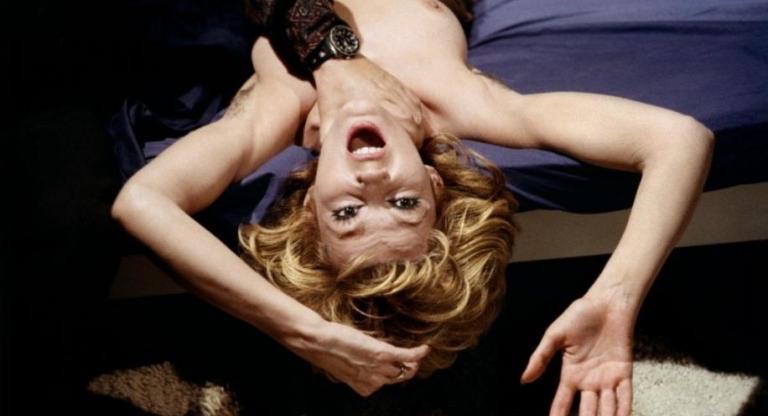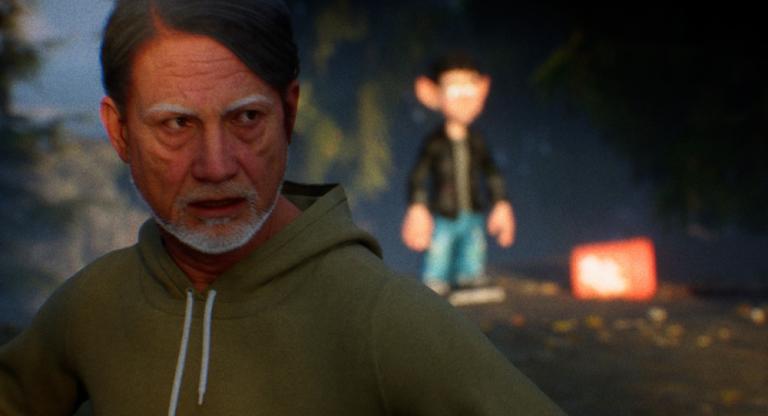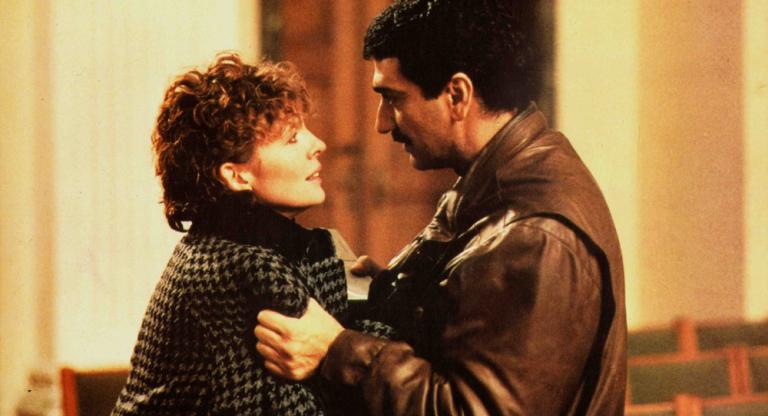Nineteen ninety-nine was the year of my cinematic coming-of-age, and it dovetailed with a window in which seemingly every important or emerging filmmaker was near the top of his or her form—whether The Matrix or Ratcatcher, or underrated works by established filmmakers like Bringing Out the Dead, Summer of Sam and eXistenZ. But my recollection is that the conversation was dominated by Eyes Wide Shut : its notoriously long, fraught shoot; Kubrick’s by-then mythical reputation as an eccentric hermetically sealed within his own genius; the closely scrutinized real-life relationship between its stars, with all its voyeuristic connotations; and, of course, the director’s death—and subsequent debate over the degree to which digital censorship of the film’s orgy sequence (“orgy sequence?!”) reflected the filmmaker’s wishes.
My further recollection is that critical reception was mostly divided between two camps: those who panned the film, and those who panned the film while cautiously admitting that many had often disparaged Kubrick films upon release only to be challenged later by revised consensus. (David Foster Wallace made a similar observation about David Lynch in his longform essay on the production of Lost Highway, which we’ll feature Friday.) Among my fellow band of eighth grade budding cinephiles (including future Screen Slate contributor Patrick Dahl), who were weaned on watching A Clockwork Orange in each other’s basements, we were ready to simply accept it as a masterpiece.
The plot is simple: Dr. Bill and Mrs. Alice Hartford (Tom Cruise and Nicole Kidman) are a married couple with a young daughter living in Manhattan’s Upper West Side who coquettishly skirt around fantasies of infidelity and polygamy. After a party thrown by one of Dr. Hartford’s clients, Victor Ziegler (Sydney Pollack), in which each’s desires are tested—and Dr. Hartford is briefly summoned to treat a call girl who has OD’ed in Victor’s office—a fight snowballing from sharing fantasies sends an angry Dr. Hartford out onto an uncanny urban odyssey in which he eventually ends up at a masquerade orgy with ritualistic—and apparently dangerous—overtures. Crashing the secret orgy doesn’t go quite as one typically hopes these things do, and in the aftermath, a panic-stricken Hartford is seized by a series of harrowing threats and revelations while never being quite sure what he saw.
One of the major critical hang ups hinged on the exterior city sequences, which were shot on a soundstage and truly look nothing like New York. This was Exhibit A in the trial on Kubrick’s delusional megalomania, a concept of which critics were so assured of that it somehow seemed reasonable to believe that a thickly accented Bronx-born filmmaker who began his career as a street photographer simply forgot what New York City streets looked like. In fact they more closely resemble, at least in spirit, the soundstage Vienna in the similarly artificial Letter From an Unknown Woman—whose director, Max Ophüls, lived and worked in Vienna for most the 1920s and similarly seems less interested in material than psychological verisimilitude in adapting the work of Stefan Zweig. Zweig was a friend of Arthur Schnitzler, whose Traumnovelle (“Dream Story”) is the basis of Kubrick’s film. (He also wrote the risque La Ronde, adapted by Ophüls and an important influence on Kubrick.) If Kubrick is stubbornly lost inside anything, it’s the source novel, to which Eyes Wide Shut is at its core incredibly faithful. The transposition to contemporary fake-New-York is worthwhile, I think: it withdraws the potential distraction of “period piece” and focuses our attention on the dynamic of Cruise and Kidman’s relationship. The movie plainly announces itself as an anxious dream: like The Matrix, it is, simply, a trip down the rabbit hole.
Ironically, critics reserved their accolades for American Beauty, an abysmal movie that’s only invoked today as a punchline when Instagramming video of plastic bags flying around. Unlike the rich contradictions of “eyes wide shut,” it simply urged audiences to “look closer”—and discover simple, binary hypocrisies at the root of American life. I remember my cousin from Greece saying that all her friends who had never visited America were confident that it was “exactly” what America is like. Ironically, Eyes Wide Shut, while ultimately (though somewhat wryly) seeming to affirm monogamous male-female relationships and the atomic family, offers a far more nuanced psychological portrayal of relationship anxiety and sexual appetites driving all levels and machinations of human behavior and society. And besides, a malicious cabal of decadent, high-class powerbrokers debasing human dignity: I think this is something both Greeks and the American middle class could understand. Kubrick’s dream of America-as-interwar-Vienna may have just been a decade or so ahead of its time.


